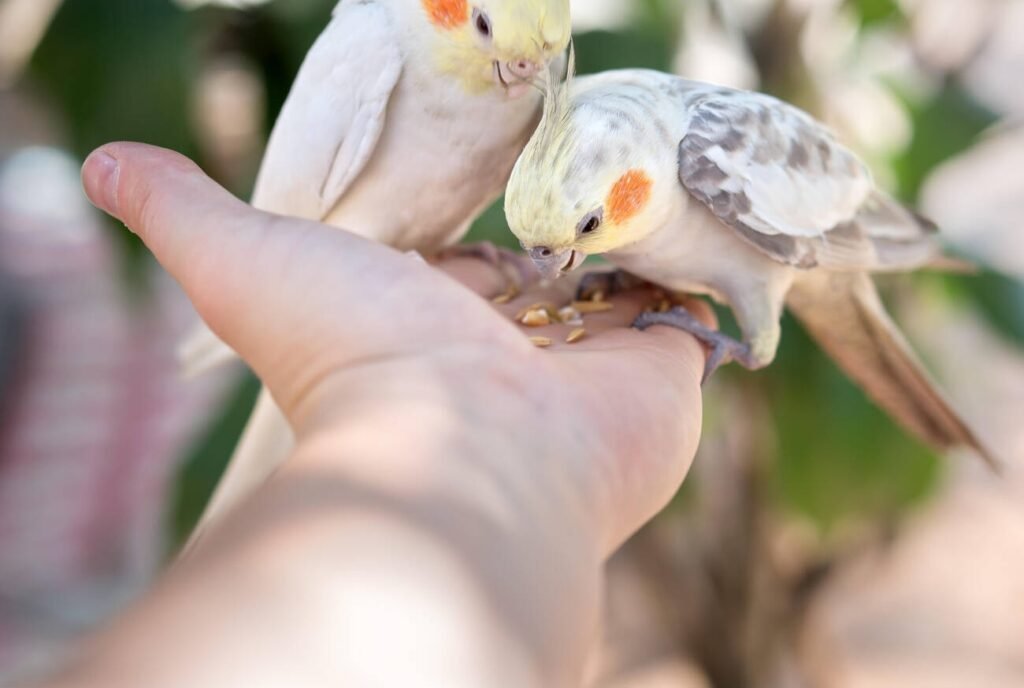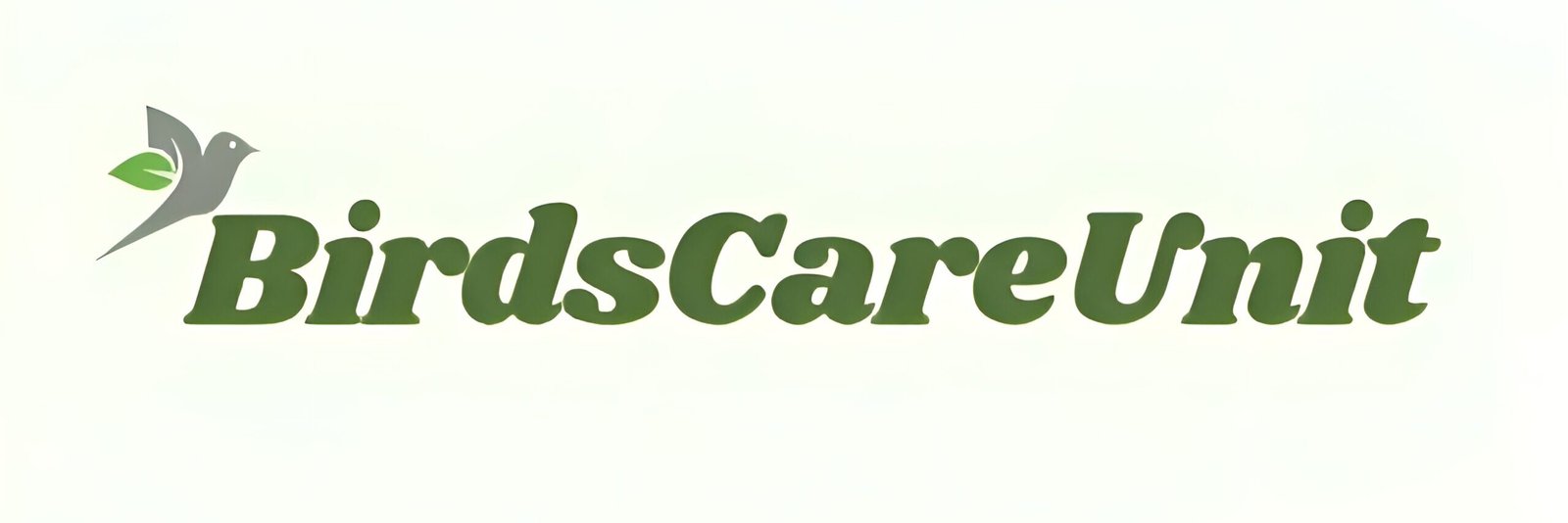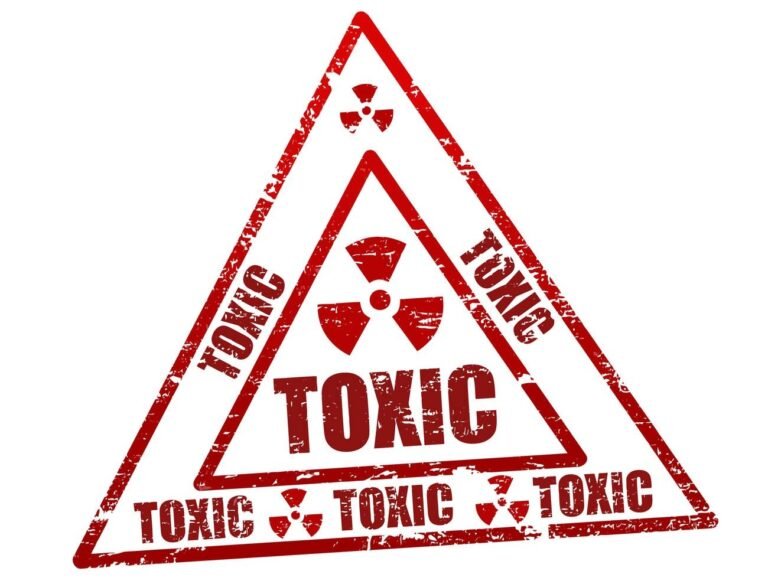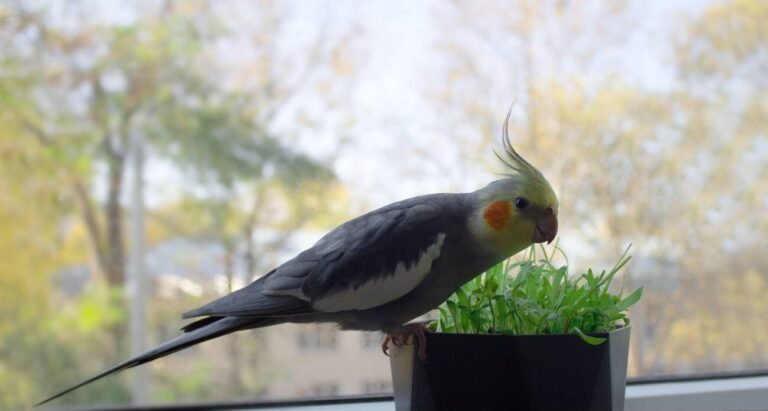Inbox
Which Foods are Best for Cockatiel Babies

Raising cockatiel babies is a rewarding yet challenging task that requires patience, love, and a deep understanding of their dietary needs. When I began my journey with pet birds, my path differed from many breeders who often start with parakeets or budgies. My first experience was with cockatiels, a pair gifted to me on my birthday, which ignited my passion for breeding birds. Over the years, I’ve gained invaluable insights into how to properly care for and feed cockatiel babies. In this blog, I’ll share what I’ve learned about providing the best nutrition to ensure your young cockatiels grow into healthy and vibrant adults.
Whether you’re a seasoned breeder or just starting your journey, understanding the specific dietary needs of cockatiel babies is essential. In this post, I will break down the best foods for cockatiel chicks, how to ensure they get the nutrients they need, and important tips to keep them thriving.
Why Cockatiel Nutrition Matters
In the early stages of life, cockatiel chicks require specialized care to meet their growing bodies’ nutritional demands. Like any young animal, what they eat during these formative weeks will significantly impact their overall health, vitality, and even their lifespan. Ensuring they get the right balance of vitamins, minerals, proteins, and fats will help them grow strong and reduce the risk of developmental problems.
The Best Foods for Cockatiel Babies
1. Soft Foods for Tender Tummies
When caring for cockatiel babies, it’s important to offer them soft, easy-to-digest foods that their still-developing digestive systems can handle. Some of the most effective soft foods for cockatiel babies include:
-
Wet Bread: Soaked in a bit of water or natural fruit juice, wet bread offers a soft texture that’s easy for young cockatiels to consume and digest.
-
Boiled Potatoes: Another gentle food, boiled potatoes provide carbohydrates that are essential for energy and growth. Be sure to mash them into small pieces to prevent choking hazards.
-
Pellets: High-quality pellets specifically formulated for baby birds provide balanced nutrition, making them a must-have in any cockatiel chick’s diet. Pellets often contain a rich blend of essential vitamins and minerals that can bolster a chick’s immune system and aid in healthy feather development.
2. A Bounty of Fruits and Vegetables
Cockatiel babies can benefit from a variety of fresh fruits and vegetables. These foods are rich in vitamins, minerals, and antioxidants, which are essential for growth and overall health. Here are some excellent options:
-
Apples (seedless): Apples are rich in fiber and vitamin C, which support the chicks’ digestive health and immune system.
-
Guavas: Known for their high vitamin C content, guavas help in boosting the immune system while also providing essential antioxidants.
-
Bananas: These soft, easy-to-eat fruits are perfect for young cockatiels, as they provide energy-boosting carbohydrates and potassium.
-
Berries: Strawberries, blueberries, and raspberries are loaded with antioxidants, which promote good health and development in cockatiel chicks.
-
Leafy Greens: Spinach and collard greens provide vital minerals like calcium, which supports strong bones and proper muscle development.
3. Hand-Feeding Formula
For breeders or caretakers who want to form a deeper bond with their cockatiel babies or ensure they’re getting optimal nutrition, hand-feeding formulas are highly recommended. These specially formulated powders are mixed with water to create a nutrient-dense solution that is easy for chicks to digest.
Hand-feeding formulas are ideal for chicks who are too young to eat solid foods on their own. These commercial blends are rich in proteins, fats, carbohydrates, and a full spectrum of vitamins and minerals.
If you decide to hand-feed your cockatiel babies, ensure you’re doing so with the proper tools, such as syringes or spoons designed for avian feeding, and follow guidelines closely to avoid overfeeding or underfeeding.
The Importance of Proper Hydration
Alongside solid food, proper hydration is vital for cockatiel babies’ overall health. Fresh, clean water should be available at all times to keep the chicks hydrated, especially as they transition from hand-feeding to consuming solid food on their own.
Essential Nutrients for Cockatiel Babies
Just like human infants, baby cockatiels have specific nutritional needs that differ from adults. While an adult cockatiel can handle a more varied diet, babies need higher concentrations of specific nutrients to grow properly.
1. Protein
Protein is a critical component for the growth and repair of tissues. Cockatiel babies need more protein than adults, as their bodies are in a rapid growth phase. Hand-feeding formulas typically contain adequate levels of protein, but you can also provide additional sources, such as hard-boiled eggs (mashed for easy consumption).
2. Calcium
Calcium supports the development of strong bones and muscles. It’s especially important in young cockatiels to ensure they grow into healthy, strong adults. Leafy greens like spinach or calcium supplements in the form of cuttlebones are excellent sources.
3. Vitamins A, C, and E
These vitamins are essential for immune support, healthy skin, and the proper development of feathers. Fruits like berries and vegetables like carrots can provide these essential vitamins.
4. Fats
Fats are a key source of energy for growing cockatiel babies. While seeds such as sunflower seeds and millet provide these fats, they should be given in moderation to prevent overconsumption and obesity.
Transitioning to Solid Food
As cockatiel babies grow, they will begin transitioning from hand-feeding formula or soft foods to more solid foods. This stage typically occurs around 4-6 weeks of age, though this may vary depending on the individual chick. During this phase, it’s important to gradually introduce solid foods like pellets, seeds, and small pieces of fruits and vegetables while still offering formula or soft foods.
Some tips for a smooth transition include:
-
Start Small: Begin by offering very small, easy-to-consume portions of solid foods. You can mix small bits of food into their formula to familiarize them with the taste.
-
Monitor Consumption: Keep an eye on how much solid food your chicks are eating. If they seem uninterested in solid food, try offering different types to see if something else catches their attention.
-
Encourage Independence: Gradually reduce the amount of hand-feeding as your cockatiel babies show interest in solid foods. Encourage them to eat on their own by placing food in easy-to-access bowls within their cage.
Foods to Avoid
Not all foods are safe for cockatiel babies. Some can be harmful or even fatal to their delicate systems. Here are some foods to avoid:
Chocolate: Cockatiels, like most pets, cannot process chocolate, and it can cause digestive upset and more severe health issues.
-
Salty or Fatty Foods: Foods high in salt or fat should be avoided, as they can cause dehydration or digestive distress in cockatiel babies.
-
also, must avoid cold water, dirty fruits, dairy products- that can be easily affected the cockatiel babies.
How to Hand-Feed Cockatiel Babies
Hand-feeding cockatiel babies requires patience, practice, and the right technique. The process is deeply rewarding and can strengthen the bond between you and your chicks. Here’s a step-by-step guide to hand-feeding cockatiel babies:
-
Gather the Necessary Tools: You will need a high-quality hand-feeding formula, a small feeding syringe or spoon, and a clean cloth to wipe up any messes.
-
Prepare the Formula: Mix the hand-feeding formula according to the package instructions, ensuring the right consistency and temperature (typically around 104-108°F or 40-42°C). Test the formula’s temperature on your wrist before feeding to ensure it’s not too hot.
-
Position the Chick: Gently hold the chick in your hand, supporting its body and neck. Make sure the chick’s head is slightly elevated to make swallowing easier.
-
Feed Slowly: Using the syringe or spoon, slowly offer the formula to the chick, allowing it to swallow between mouthfuls. Be careful not to overfeed or rush the process, as this can lead to choking or aspiration.
-
Clean Up: Once the feeding session is complete, gently wipe the chick’s beak and feathers with a damp cloth to remove any leftover formula.
Conclusion
Raising cockatiel babies is a fulfilling experience that requires a commitment to providing the best possible care and nutrition. By offering a well-rounded diet filled with soft foods, hand-feeding formulas, fruits, vegetables, and seeds, you’ll ensure that your young cockatiels grow strong and healthy. Proper hydration, the right balance of nutrients, and careful monitoring of their progress will set the stage for a long, happy life for your cockatiel companions.
Incorporating variety into their diet is key to meeting all their nutritional needs while keeping them engaged and satisfied. Additionally, understanding what foods to avoid is essential for their safety. Whether you’re hand-feeding or transitioning your chicks to solid food, the right feeding practices are the foundation for a healthy and happy cockatiel family.



